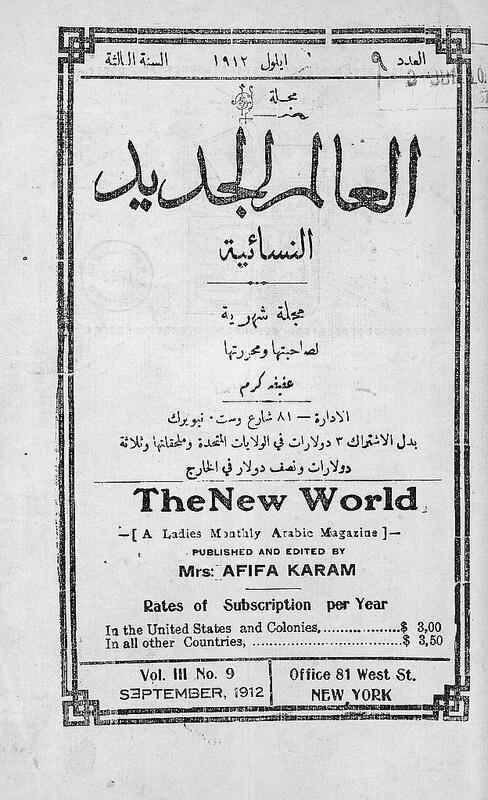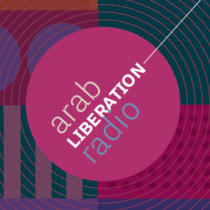SWANA-American Women and Feminism
The experiences and contributions of women from Southwest Asia and North Africa (SWANA) communities, particularly those in the United States, reflect a dynamic interplay between tradition, identity, and activism. Through media, literature, and creative expression, SWANA-American women have challenged stereotypes, redefined narratives, and advocated for their rights while celebrating their rich cultural heritage. These women have confronted biases in Western discourse and brought nuanced perspectives to global feminist conversations.
From the early 20th century publications advocating for education and empowerment to contemporary discussions addressing media biases and political resistance, SWANA-American women’s contributions are a testament to their resilience and ingenuity. Their work provides critical insights into the intersections of gender, culture, and migration, revealing the complexities of identity and belonging in the diaspora.
This page delves into three key areas that highlight the role of SWANA-American women in shaping feminist discourse: Media and Representation, Early Feminist Publications, and Literature and Creative Expression. Each section showcases how these women have used diverse platforms to challenge stereotypes, reclaim their narratives, and contribute to feminist thought.
Media and Representation: Challenging Stereotypes
The portrayal of SWANA women in media has long been influenced by Western biases and reductive stereotypes, which often obscure the complexities of their identities and experiences. Barbara Nimri Aziz’s Radio Tahrir programs provide a vital platform for challenging these misrepresentations. In her 1994 episode on Western bias, Aziz critiques the prevalent portrayal of Arab women in mainstream media, shedding light on how these narratives perpetuate false assumptions and marginalize their voices. Similarly, her 1991 episode, "Arab Women and Resistance," underscores the role of media in amplifying stories of SWANA women’s resilience and activism. By offering these alternative perspectives, Aziz’s work not only deconstructs harmful stereotypes but also empowers SWANA women to reclaim their narratives in spaces historically dominated by external perspectives. These episodes demonstrate how media can serve as a tool for resistance and representation, reflecting broader themes within feminism that prioritize voice, visibility, and agency.
Early Feminist Publications: Reclaiming Identity
The feminist movements within SWANA communities have deep roots in early 20th-century publications that blended calls for progress with cultural preservation. Afifa Karam’s Al-Alam al-Jadid al-Nisa’iyah (1912), a groundbreaking magazine for Arab-American women, exemplifies this foundational work. By advocating for education and empowerment while celebrating Arab traditions, Karam created a space for dialogue on gender equity that resonated across the diaspora. Her efforts laid the groundwork for future feminist initiatives, addressing the dual challenges of resisting patriarchal structures and preserving cultural identity. These early publications underscore how SWANA feminism intersects with global movements, emphasizing education as a transformative force. They also highlight the intergenerational nature of feminist struggles, demonstrating how the conversations initiated by pioneers like Karam continue to inspire contemporary activism.
Literature and Creative Expression: Voices of Intersectionality
Literature has long served as a powerful outlet for SWANA-American women to navigate their intersectional identities, delving into themes of migration, memory, and feminism. Barbara Nimri Aziz’s 1992 Radio Tahrir episode for Women’s History Month underscores the literary contributions of authors like Meena Alexander, whose work vividly explores the interplay of personal and collective histories. By highlighting these narratives, the episode celebrates how SWANA-American writers confront societal norms while articulating experiences of belonging and alienation. These creative expressions not only reclaim marginalized voices but also connect SWANA feminism to broader global discourses on identity and resistance. Through storytelling, these writers affirm the transformative power of art, fostering solidarity and catalyzing social change within and beyond their communities.

